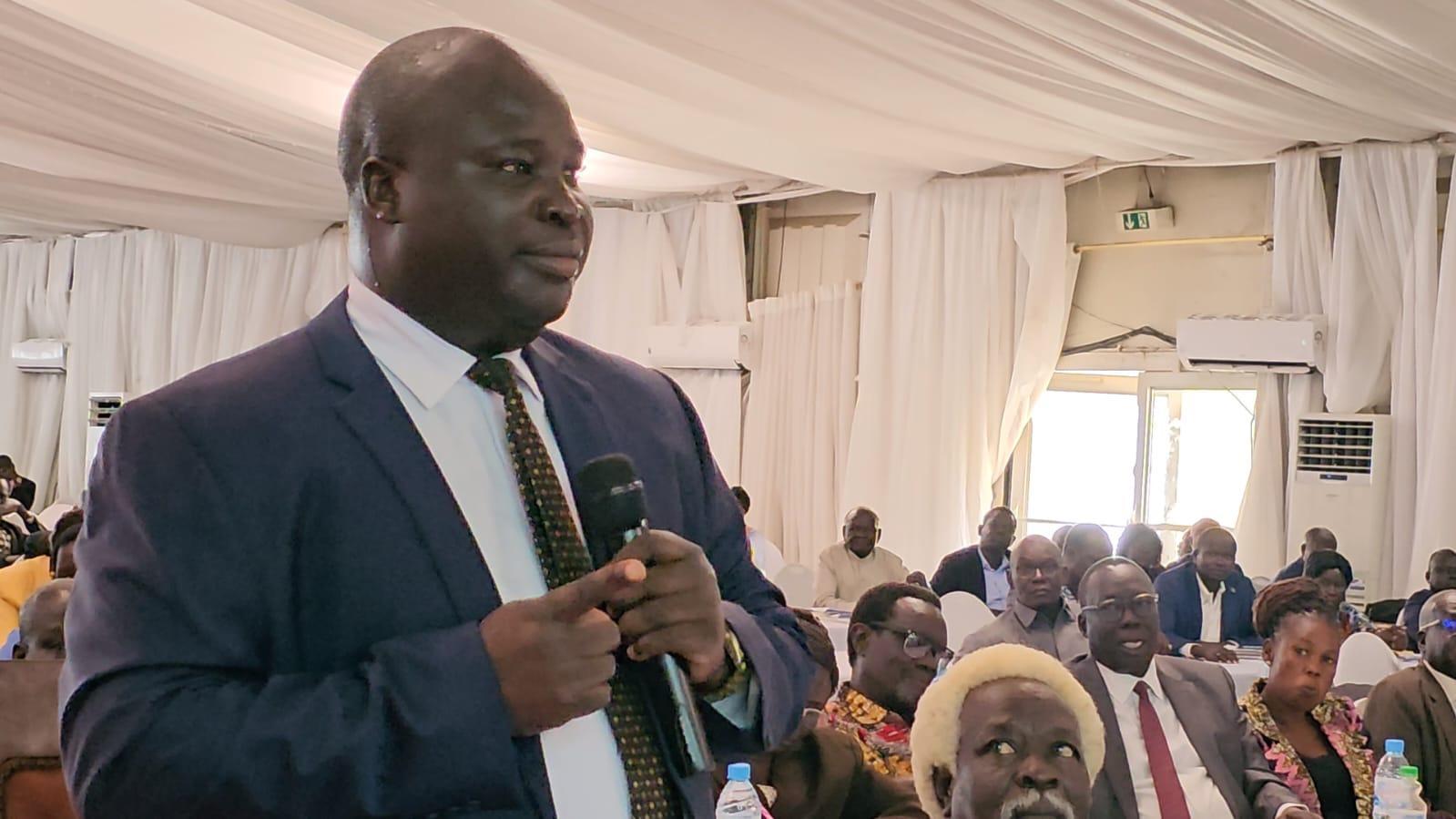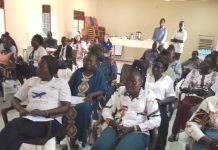Sheila Ponnie
Africa-Press – South-Sudan. The Sudan People’s Liberation Movement in Opposition (SPLM-IO) has once again poured cold water on the upcoming general election, even as President Salva Kiir insists that the caravan’s march to the poll is unstoppable.
In his first address to the United Nations General Assembly (UNGA) mid this week, a first since 2024, Kiir reiterated the government’s resolve to deliver the polls by December 2024.
“He (Kiir) reiterated South Sudan’s march into the general elections in 2024,” read a statement posted by the presidential press team after Kiir addressed the UNGA in New York on Thursday.
This was converse to the last week’s assertion by the First Vice President Riek Machar that the long-overdue elections should only take place when all the pending chapters of the peace agreement have been implemented.
Key among the contentious issues, according to Machar, is the security chapter, which he said, must be implemented for the latter and in the spirit of the peace agreement.
But more intrigues are now cropping in with IO members raising serious constitutional questions.
Challenges surface
Nathaniel Oyet, First Deputy Speaker at the National Assembly, says that the power sharing formula at the three administrative areas—Ruweng, Abyei and Pibor— as well as election at the local government level must also be addressed before the polls.
“On the matter of administrative areas, it is a constitutional matter that must be addressed. It is not just the consensus of the parties but a constitutional matter that you cannot do without,” Oyet said.
“The three administrative areas are part of South Sudan, and they have to hold elections. They should vote and be voted for,” he added
But Joseph Malek Arop, chairperson, Unite Sudan Africa Party (USAP)-National Agenda, argues the three administrative areas, especially Abyei, should not be included in the ballot.
“Abyei should not be part of the election because it is still a contested area,” said Arop, who is also the Deputy Minister for Justice and Constitutional Affairs,”
Arop further argued that the population of Abyei, for example, does not meet the constitutional threshold, adding to the contentious border issue with Twic, which should be resolved before the election.
“Abyei’s population is between 40,000- 50,000, which does not give them a right to take part in the election,” he said
“We also need Sudan and South Sudan to decide on the issue before they can be given the right to vote,” he added.
“Letting Abyei take part in the polls will bring more problems to South Sudan. Allowing them to partake in the election will be a violation of international law,” he added.
On the contrary, Oyet insists that the three administrative areas should partake in the exercise. He, however, stated that all five parties to the comprehensive peace agreement must be allowed to equally share seats (local representation) in the areas.
“The only issue is the administrative areas, amendment number 8, which allows for power sharing as per the agreement to be shared by the parties. This has not taken place,’ added Oyet.
He continued, “Now that we have agreed to hold elections, power sharing is also inevitable. We must share power right away; otherwise, it would be a contradiction that you want to hold elections and yet you do not want to share power.”
Arop, however, argued that the three administrative areas are not part of local government, adding that the electoral act only recognizes 79 counties.
“If we adopt the data from 2010, we will use 79 counties (without the three administrative areas), and if we do not, then we recognize the two administrative areas, but they have not resolved the border issue.
The Local Government Act (2009) recognizes mayors and councilors and states that electing a chief administrator is not properly spelt out in the constitution.
“We (political parties) cannot call for power sharing in these areas. Ruweng was part of Unity State.
“We need these matters addressed first,’ he said.
Arop, who proposes the government use data for 2010 which will allow the special administrative areas a chance to vote, argues that, as currently constituted, the three administrative areas do not have legal instruments like a working constitution to determine the borders.
Source: The City Review South Sudan
For More News And Analysis About South-Sudan Follow Africa-Press






